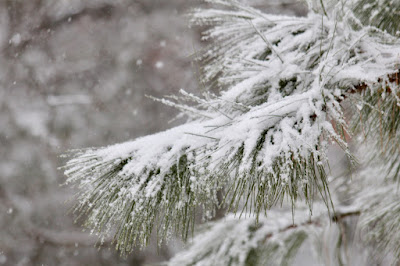An interesting new piece in Fresh Energy's blog, about their executive director's new vehicle, Michael finally gets an electric vehicle: why was it so hard?, made us think of past articles we've read which contend the solutions to global climate disruption are not attainable through individuals making incremental changes. At the time we read those articles, we didn't think they let us off the hook, they just focused us on system change. But think about it, oil companies couldn't make huge profits if there weren't markets for their products. Most of the market for fossil fuel products is comprised of individuals like Michael (and us) making decisions about how to satisfy their (our) needs. That brings us to our recent posting about changing our attitude from one of "Yes, but" to one of "Yes, and." Yes, but says, if a collection of actions isn't going to solve the problem, why bother. Yes, and counters being a "Yes, but free rider," or, as we called them when we were younger and less tactful, a moocher. Not being a free rider helps shape markets to better meet our needs. How do we know this? We learned it from a Christmas tale we read several years ago. It goes like this.
"Tell me the weight of a snowflake," a coal mouse asked a wild dove."Nothing more than nothing," was the answer."In that case, I must tell you a marvelous story," the coal mouse said. "I sat on the branch of a fir, close to its trunk, when it began to snow…Since I didn't have anything better to do, I counted the snowflakes settling on the twigs and needles of my branch. Their number was exactly 3,741,952."When the next snowflake dropped onto the branch—nothing more than nothing, as you say—the branch broke off…"The dove, since Noah's time, an authority on the matter, thought about the story for a while and finally said to herself, "Perhaps there is only one person's voice lacking for peace to come about in this world."
 |
| how much do these snowflakes weigh?
Photo by J. Harrington
|
As we understand it, for there to be peace in the world, there needs be more justice and equity and love as well as those voices that are lacking. That means fewer free riders. There's a number of carbon and/or ecological footprint calculators available. Most of the ones we've seen require moderately detailed information to complete an individual household calculation. If you don't have the necessary information, that would be a place to start, else you're just
Stopping by Woods on a Snowy Evening
By Robert Frost
Whose woods these are I think I know.His house is in the village though;He will not see me stopping hereTo watch his woods fill up with snow.My little horse must think it queerTo stop without a farmhouse nearBetween the woods and frozen lakeThe darkest evening of the year.He gives his harness bells a shakeTo ask if there is some mistake.The only other sound’s the sweepOf easy wind and downy flake.The woods are lovely, dark and deep,But I have promises to keep,And miles to go before I sleep,And miles to go before I sleep.
********************************************
Thanks for visiting. Come again when you can.
Please be kind to each other while you can.
No comments:
Post a Comment